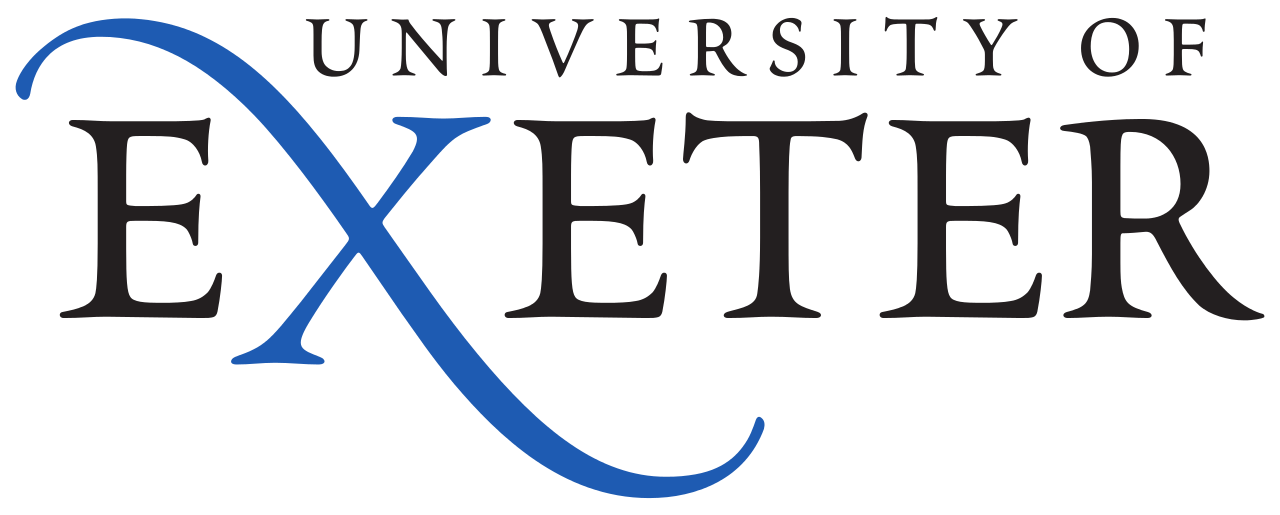Disabled Students Allowance (DSA) is a grant intended to cover the extra costs of having a disability, long-term illness, mental health condition, or specific learning difficulty such as an autistic spectrum condition, dyslexia or dyspraxia. This activity explains DSA, why it could be relevant to you and how to claim it.
Background
NB: We recognise that not everyone who has an autistic spectrum condition would use the word ‘disabled’ about themselves. This includes a lot of the students we spoke to in our surveys. However, Disabled Students Allowance (DSA) is the main way to access support for your study needs at the start of your course and beyond, so it is important to know all about it.
Most autistic students who have been officially diagnosed with an autistic spectrum condition are entitled to DSA – it is not related to any other benefits (even DLA or PIP) or means-tested.
DSAs can help with the cost of having a person to support you (for additional support you may require while studying, such as a specialist mentor or proof reader), specialist equipment (including useful software, such as mind mapping to help you make sense of a topic), travel (like getting taxis when public transport is too difficult due to your autism) and other study-related costs. DSA won’t cover costs that all students would have to pay, like buying textbooks or standard laptops or tickets for the bus to and from university.
DSA is not usually paid directly to the student. Instead, the money goes directly to the providers of the support recommended for you, whether that is support workers or software or equipment. The main exception would be if you are entitled to funding for ‘consumables’ like the cost of printing, as some students need to print more than the average student in order to meet their study needs. In that case, you pay yourself for these things and keep the receipts and the money would be paid back into your bank account later.
Autistic students who claim DSA are less likely to drop out of university and more likely to achieve their full potential.
How could this affect me?
Whether or not you received or felt you needed support during school or college, university life is very different from the type of study you have been used to and getting the right support in place can make your life a lot easier. DSA is intended to level the playing field for students who have disabilities, long-term health conditions, mental health conditions and specific learning difficulties like autism, dyslexia and ADHD. Students in our Autism&Uni surveys who told the university about their autism and got support early in their course were more likely to enjoy their time at uni and graduate with good grades than those who didn’t get any support.
The timing of the support is important too – students who had all their support in place before the end of the first semester struggled a lot less than those who had to wait. This means applying for DSA as early as you can is a very good idea – it doesn’t matter if the university you end up going to changes – but you can apply later in your course, too, even if you haven’t told the university about your autism yet. You can also ask for a review of your support if you find your needs have changed during your course or it’s not really working for you.
What to do next?
Start the process of applying for Disabled Student Allowance
Practical tips
- To receive DSA, first you need to download and fill in the form (see links at the end) and make an appointment with the disability advisors at your firm choice (or current) university – even if you change uni after results day.
- The disability service need to stamp the form, and then you should make sure you have signed it and included all the required information before sending it off. The guide that comes with your DSA form is very useful for helping you to fill it in – read it carefully and follow it in order.
- Student Finance England (or SAAS if you are from Scotland, Student Finance Wales from Wales or Student Finance NI from Northern Ireland) will respond to tell you whether or not you are eligible for DSA. This may be delayed if they need any more evidence of your condition(s), but they will let you know.
- If you are eligible, you will receive a letter telling you to book a Study Needs Assessment, and some information on how to do this. The Study Needs Assessment is the process that leads to decisions about what support DSA will fund for you, as every student is different and has individual study needs. The activity What is the Study Needs Assessment? provides you with more information about this process and support to help you prepare for it.


 Back
Back